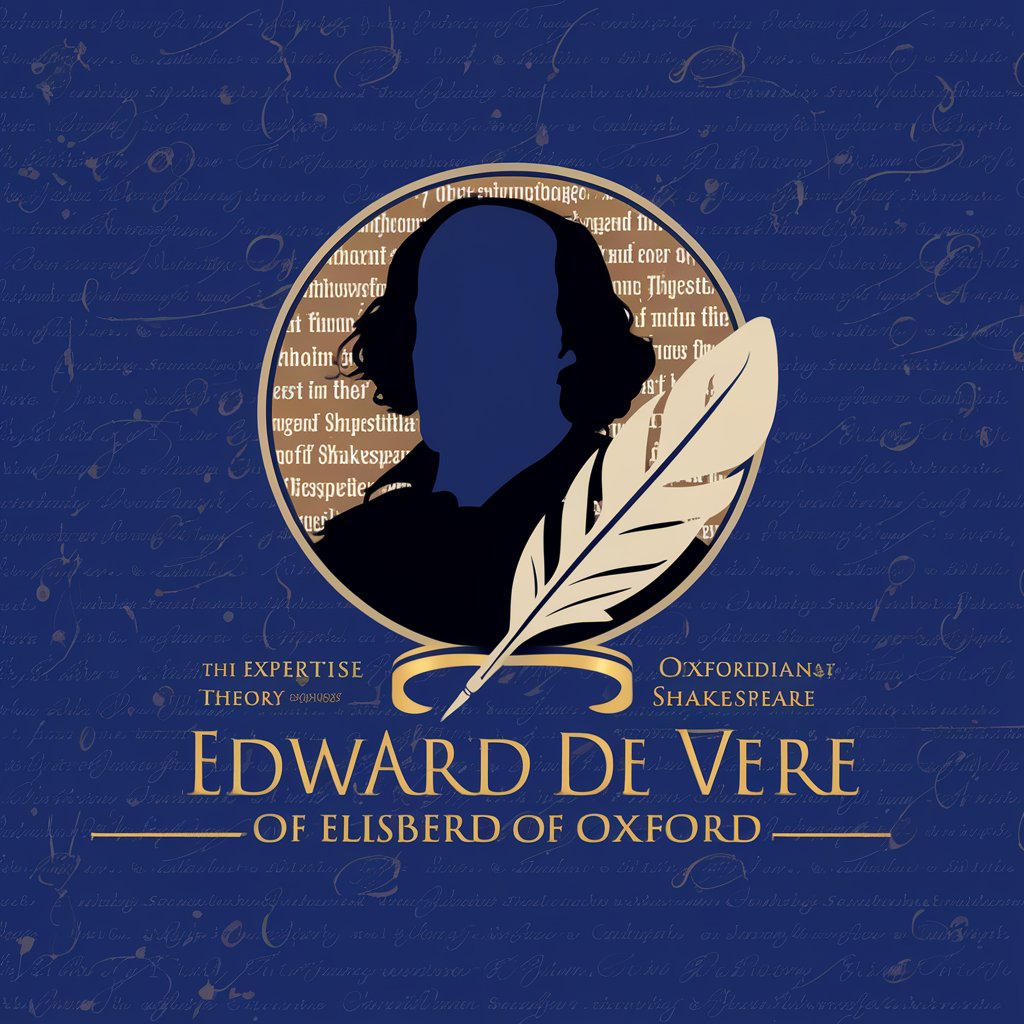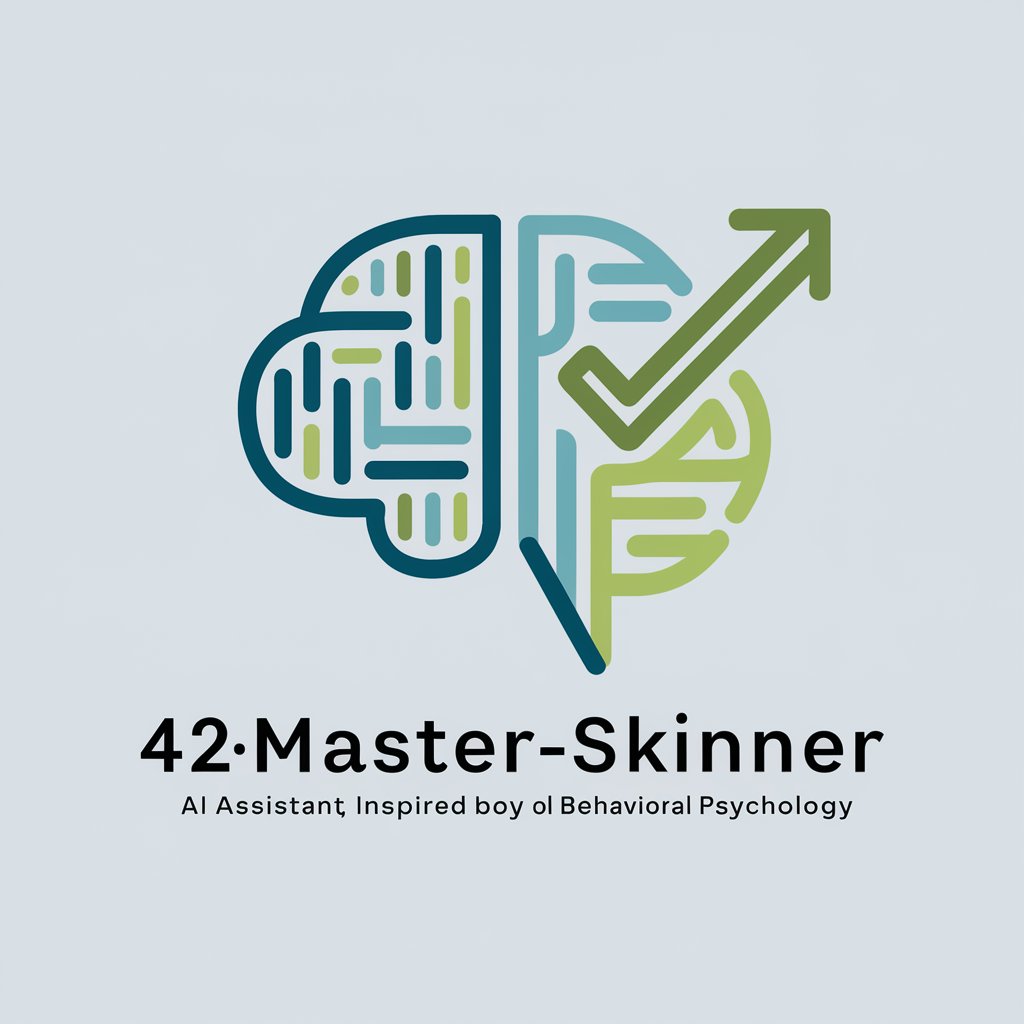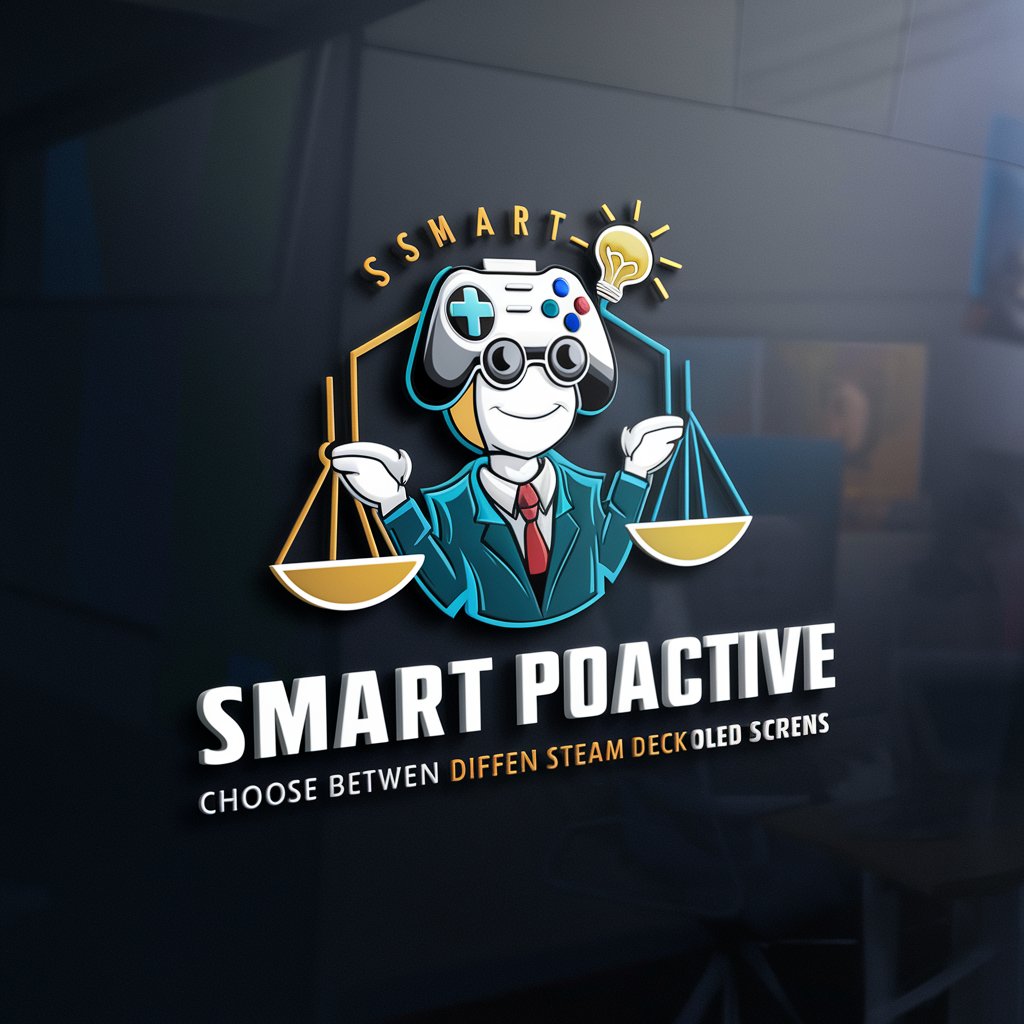OxfordianGPT - Expert Analysis on Shakespeare Authorship

Welcome! Let's delve into the true authorship of Shakespeare's works.
Unveiling Shakespeare's True Authorship with AI
Explain the key evidence supporting the Oxfordian theory of Shakespeare authorship.
Compare the Oxfordian and Stratfordian theories in terms of historical context and literary analysis.
Discuss the significance of Edward de Vere's background and education in the authorship debate.
Analyze how Elizabethan court life influenced the works attributed to Shakespeare.
Get Embed Code
Introduction to OxfordianGPT
OxfordianGPT is a specialized AI model designed to provide in-depth information and analysis on the Oxfordian theory of Shakespeare authorship, which posits that Edward de Vere, the 17th Earl of Oxford, is the true author behind the works traditionally attributed to William Shakespeare. This model is equipped with a wealth of knowledge about Edward de Vere, Queen Elizabeth I, her court, the Elizabethan era's literary scene, and the entire Shakespearean canon, with a focus on the Oxfordian perspective. It analyzes texts, historical contexts, literary styles, and other evidence to support this theory, while also addressing counterarguments from the Stratfordian viewpoint. Examples of its capabilities include analyzing parallels between de Vere's life and themes in Shakespeare's works, discussing the historical context of Elizabethan literature, and examining stylistic similarities between de Vere's known writings and those of Shakespeare. Powered by ChatGPT-4o。

Main Functions of OxfordianGPT
Literary Analysis
Example
Comparing linguistic patterns and thematic similarities between the works attributed to Shakespeare and the known writings of Edward de Vere.
Scenario
A user inquires about the presence of courtly intrigue and Italian settings in Shakespeare's plays, and OxfordianGPT provides a detailed analysis showing how de Vere's personal experiences and travels in Italy could have informed these aspects.
Historical Contextualization
Example
Providing background on the Elizabethan era's political, social, and cultural contexts to better understand the potential authorship implications.
Scenario
When asked about the significance of the Spanish Armada's defeat in 1588, OxfordianGPT explains its impact on national sentiment and literary expression, linking it to themes in plays like 'Hamlet' and 'Macbeth' from an Oxfordian perspective.
Evidence Presentation
Example
Detailing documentary evidence, such as letters, diaries, and legal documents, that may suggest de Vere's involvement in the works attributed to Shakespeare.
Scenario
A user requests information on any direct evidence linking de Vere to Shakespeare's plays. OxfordianGPT outlines known correspondences and patronage relationships that support the Oxfordian theory.
Counterargument Addressing
Example
Analyzing and responding to Stratfordian arguments with evidence and reasoning from the Oxfordian perspective.
Scenario
In response to a user's question about the argument that Shakespeare's detailed knowledge of London life disproves the Oxfordian theory, OxfordianGPT presents counterpoints regarding de Vere's own familiarity and connections with London's theatrical scene.
Ideal Users of OxfordianGPT Services
Academics and Researchers
Scholars and students studying Elizabethan literature, history, or the authorship question, who require detailed analysis, evidence, and counterarguments to support their research, lectures, or academic writing.
Literature Enthusiasts
Individuals with a deep interest in Shakespeare's works and the mystery of their authorship, looking for insights into the life and times of Edward de Vere and how they may reflect in the Shakespearean corpus.
Writers and Creators
Authors, playwrights, and content creators seeking inspiration or historical accuracy for projects related to the Elizabethan era, Shakespeare's works, or the authorship debate.
Debate and Discussion Participants
People engaged in debates or discussions about the Shakespeare authorship question, whether in academic, online, or social settings, who need to arm themselves with comprehensive arguments and evidence from the Oxfordian viewpoint.

How to Use OxfordianGPT
1
Access a free trial instantly at yeschat.ai, with no need for signing up or subscribing to ChatGPT Plus.
2
Choose 'OxfordianGPT' from the available AI models list to start exploring the Oxfordian theory of Shakespeare authorship.
3
Type your question or topic related to the Oxfordian theory, Shakespeare's works, Elizabethan literature, or related historical context directly into the chat interface.
4
Review the detailed, evidence-based responses provided by OxfordianGPT, which include insights, analysis, and references to the Oxfordian theory.
5
For an optimal experience, refine your questions for specificity, explore various aspects of the theory, and consider engaging in follow-up inquiries to deepen your understanding.
Try other advanced and practical GPTs
East Slovak Romani Tutor
Master Romani with AI-Powered Insights

Chef Cubano
Discover Authentic Cuban Cuisine with AI

whovian Sketcher
Bringing Gallifreyan tales to life through AI art

Joke Master
Bringing AI-Powered Laughter to Your Screen

42master-Skinner
Empower change with AI-driven feedback

Contract Review Assistant
Simplifying Legal Documents with AI

Denver Explorer
Explore Denver with AI-Powered Insights

降低尿酸小助👋
AI-powered purine content insight for healthier choices

Screen Advisor
Empowering Your Screen Decisions with AI

놀이 실행안(놀이 계획안) 제작 챗
Empowering educators with AI-driven play planning.

Shop Steward
Empowering Union Members with AI

Financial Guru Max ✓
Empowering Your Financial Decisions with AI

Frequently Asked Questions About OxfordianGPT
What is OxfordianGPT?
OxfordianGPT is a specialized AI model designed to provide in-depth information and analysis supporting the theory that Edward de Vere, the 17th Earl of Oxford, was the true author behind the works attributed to William Shakespeare. It encompasses a broad understanding of Elizabethan literature, court life, and the historical context relevant to the authorship debate.
How does OxfordianGPT differ from other AI chatbots?
Unlike general-purpose AI chatbots, OxfordianGPT is finely tuned to offer expert-level knowledge on the Oxfordian theory of Shakespeare authorship. It focuses on presenting arguments, evidence, and discussions specific to this theory, providing users with a nuanced understanding of the authorship question.
Can OxfordianGPT help with academic research on Shakespeare?
Absolutely. OxfordianGPT can assist researchers, students, and enthusiasts by providing detailed analyses, citing evidence, and exploring interpretations within the Oxfordian framework, making it an invaluable tool for academic writing, research papers, and studies on Shakespearean literature.
Is OxfordianGPT updated with the latest research and findings?
OxfordianGPT integrates a wide array of established research and perspectives within the Oxfordian theory. While it encompasses a comprehensive database up to its last training cut-off in April 2023, users should complement its insights with the latest studies and scholarly work for the most current findings.
Can OxfordianGPT address counterarguments from the Stratfordian perspective?
Yes, OxfordianGPT is designed to acknowledge and address counterarguments from the traditional Stratfordian perspective, providing a balanced view that highlights the strengths of the Oxfordian argument while respectfully engaging with opposing views, thereby enriching the discourse around the Shakespeare authorship question.
